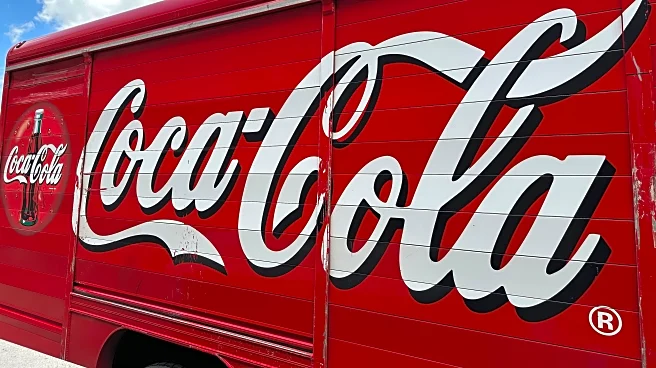What's Happening?
The hospitality industry is grappling with the challenge of determining appropriate marketing budgets as they face stiff competition from Online Travel Agencies (OTAs). According to industry reports, U.S. hoteliers typically allocate less than 2.5% of room revenue to marketing, which includes payroll for sales and marketing teams. In contrast, major OTAs like Expedia spent 54% of their 2024 revenue on sales and marketing, amounting to $6.9 billion, marking a 12% increase from the previous year. The total marketing expenditure by OTAs reached $17.8 billion in 2024. This disparity highlights the struggle hoteliers face in competing with OTAs for distribution reach. The global hotel revenue for 2025 is projected to be $443 billion, and even if hotels were to spend 2.5% of this on marketing, the total would be $11 billion, far less than OTA spending.
Why It's Important?
The significant difference in marketing budgets between hoteliers and OTAs underscores the competitive disadvantage faced by the hospitality industry. OTAs have the financial muscle to dominate distribution channels, making it difficult for individual hotels to reach potential customers effectively. This situation could lead to increased reliance on OTAs, which often charge high commission fees, thereby impacting hotel profitability. The need for hoteliers to reassess their marketing strategies and budgets is crucial to maintain competitiveness and ensure sustainable growth. The broader impact on the U.S. hospitality industry includes potential shifts in market dynamics, where smaller hotels may struggle to survive without effective marketing strategies.
What's Next?
As the 2026 budgeting season approaches, hoteliers are expected to reevaluate their marketing expenditures to better compete with OTAs. Industry experts suggest that hotels may need to increase their marketing budgets to between 5% and 10% of gross revenue, aligning more closely with retail industry standards. This adjustment could help hotels improve their market presence and reduce dependency on OTAs. Additionally, hoteliers might explore innovative marketing techniques and partnerships to enhance their reach and customer engagement.
Beyond the Headlines
The ongoing competition between hoteliers and OTAs raises ethical considerations regarding fair market practices and the balance of power in the travel industry. The dominance of OTAs could lead to a homogenization of travel experiences, potentially stifling diversity and innovation within the hospitality sector. Long-term shifts may include increased collaboration among hoteliers to create collective marketing strategies that leverage shared resources and expertise.










